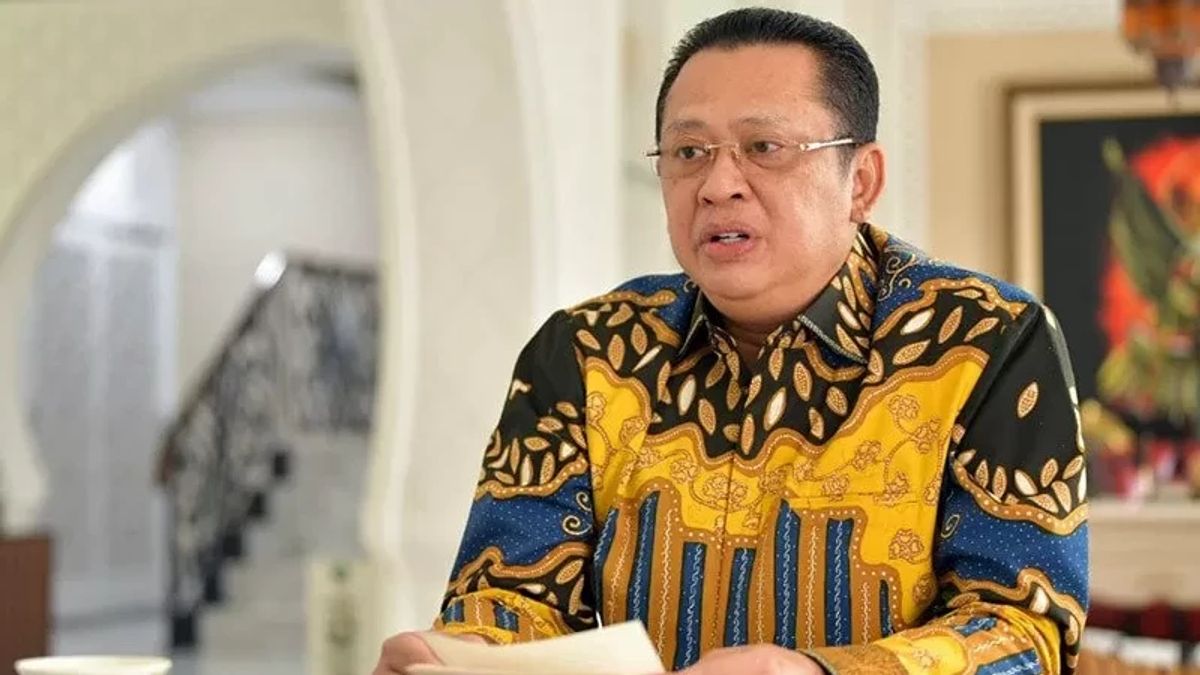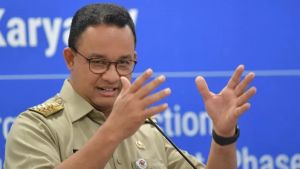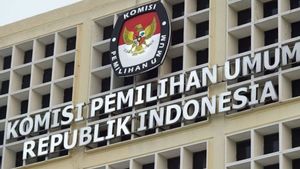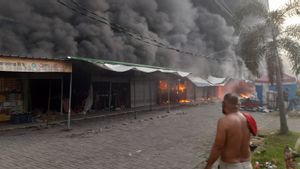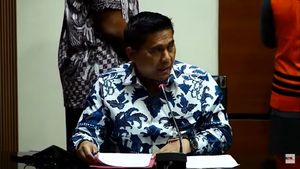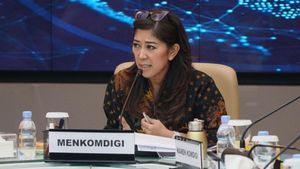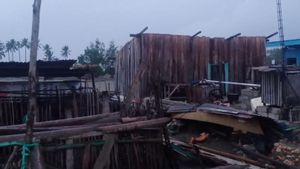JAKARTA - Chairman of the People's Consultative Assembly (MPR), Bambang Soesatyo alias Bamsoet, asked all parties to unite in caring for Indonesia. He wanted the potential rifts that had been experienced by the great nations of Eastern Europe to be anticipated to prevent the failure of a state.
"History records the failure of the Soviet Union and Yugoslavia as representatives of large and developed countries in Eastern Europe, one of the reasons is the failure to maintain togetherness as a nation", said Bamsoet in his statement in Jakarta, Friday, March 25.
According to him, several indications that have emerged include the fragility of the political system, economic downturn, inter-ethnic conflicts, and failure to identify and respond to external threats and global forces.
"In the end, the complexity of these various issues, and the failure to build solid national ties, have caused the two major countries to be divided and torn apart", he said, as reported by Antara.
According to Bamsoet, this historical experience will be a valuable lesson for every nation-state. Di said that in the context of Indonesia, the urgency of 'caring for Indonesia' is increasingly important.
"Because Indonesia also has the same potential vulnerability, or even greater than the Soviet Union and Yugoslavia", said Bamsoet.
He explained that there are at least three factors that place the Indonesian nation in a vulnerable and fragile position. First, the Indonesian nation is a large nation with a very high level of heterogeneity.
Data from the Ministry of Home Affairs shows that the total population of Indonesia until the second semester of 2021 is more than 273 million people.
"This large population is also reflected in the diversity it has. Among others, it consists of 1,340 tribes, who use 733 languages, and adhere to 6 religions and dozens of beliefs", he said.
On the one hand, this plurality is said to present a very diverse cultural wealth. But on the other hand, this condition also presents a potential threat to divide and pit one another among the nation's children.
The second factor, he said, was the geographical condition of Indonesia as an archipelagic country located between two continents and two oceans, with the waters being the center of the world's sea trade routes.
According to him, this makes it almost impossible for the Indonesian people to "close themselves off" to the traffic of global civilization.
This condition brings two consequences, if you can manage it well, it will make you more mature in building civilization, and even have the opportunity to become a "trend-setter" of world civilization.
"On the other hand, if we can't manage it properly, then our national identity and identity will be eroded by the currents of global civilization that come and go", said Bamsoet.
The third factor, said Bambang Soesatyo, is being the largest archipelagic country in the world, with 17,504 islands spanning an area of nearly 5.2 million square kilometers, making Indonesia a country rich in various potential resources.
Its strategic position and wealth of resources will place the Indonesian nation as the "center of gravity" for global interests.
Therefore, according to him, in interpreting 'caring for Indonesia', it is important to unite steps by referring to common goals and ideals.
"This shared goal has been explicitly mandated in the Preamble to the 1945 Constitution of the Republic of Indonesia, namely the realization of an independent, united, sovereign, just and prosperous Indonesian state", he said.
According to Bamsoet, all elements of the nation should be grateful that so far the existing trials in the life of the nation and state have not divided the Indonesian nation.
The Indonesian people are fortunate to have four national commitments that are used as references in the life of society, nation, and state.
Namely, Pancasila as the basis of the state, ideological basis, philosophy, moral ethics, and a unifying tool of the nation, the 1945 Constitution of the Republic of Indonesia as the constitutional basis.
SEE ALSO:
Then, the Unitary State of the Republic of Indonesia (NKRI) as a consensus that binds us in one great ark of nationality called Indonesia and the motto Bhinneka Tunggal Ika which unites various diversity in one national bond.
According to him, the four national commitments will only really work and function, and provide an optimal impact, when their values are transformed into real actions.
"And manifest in the form of manifestation and implementation of the life of the nation and state in all its aspects. If not, then our concern about the presence of a 'failed state' will resurface and become a crucial threat", he said.
The English, Chinese, Japanese, Arabic, and French versions are automatically generated by the AI. So there may still be inaccuracies in translating, please always see Indonesian as our main language. (system supported by DigitalSiber.id)
